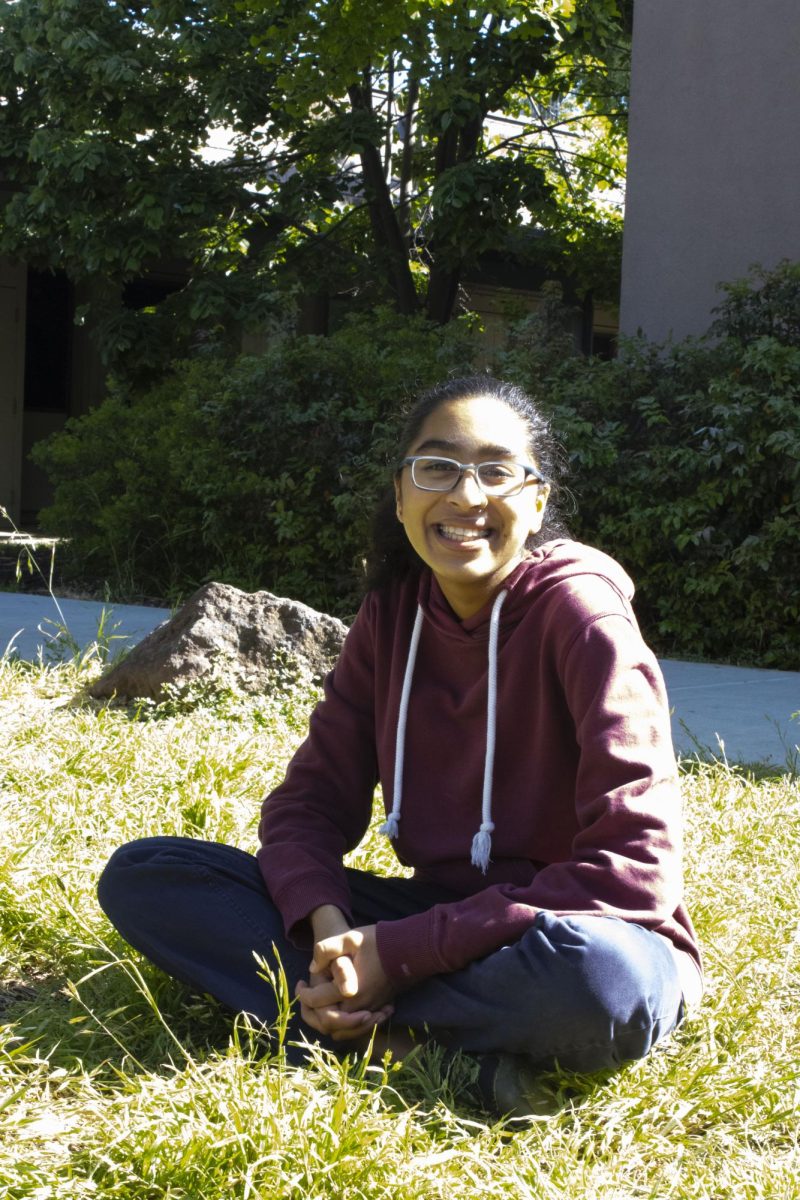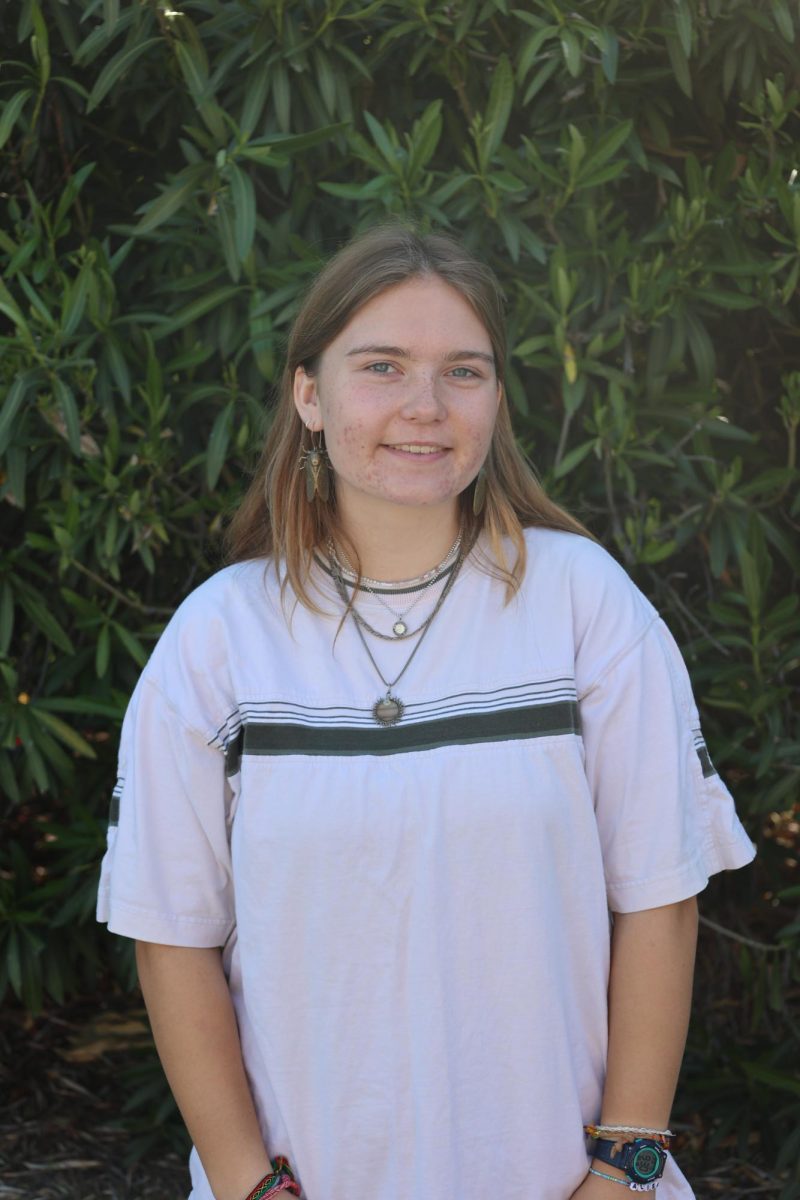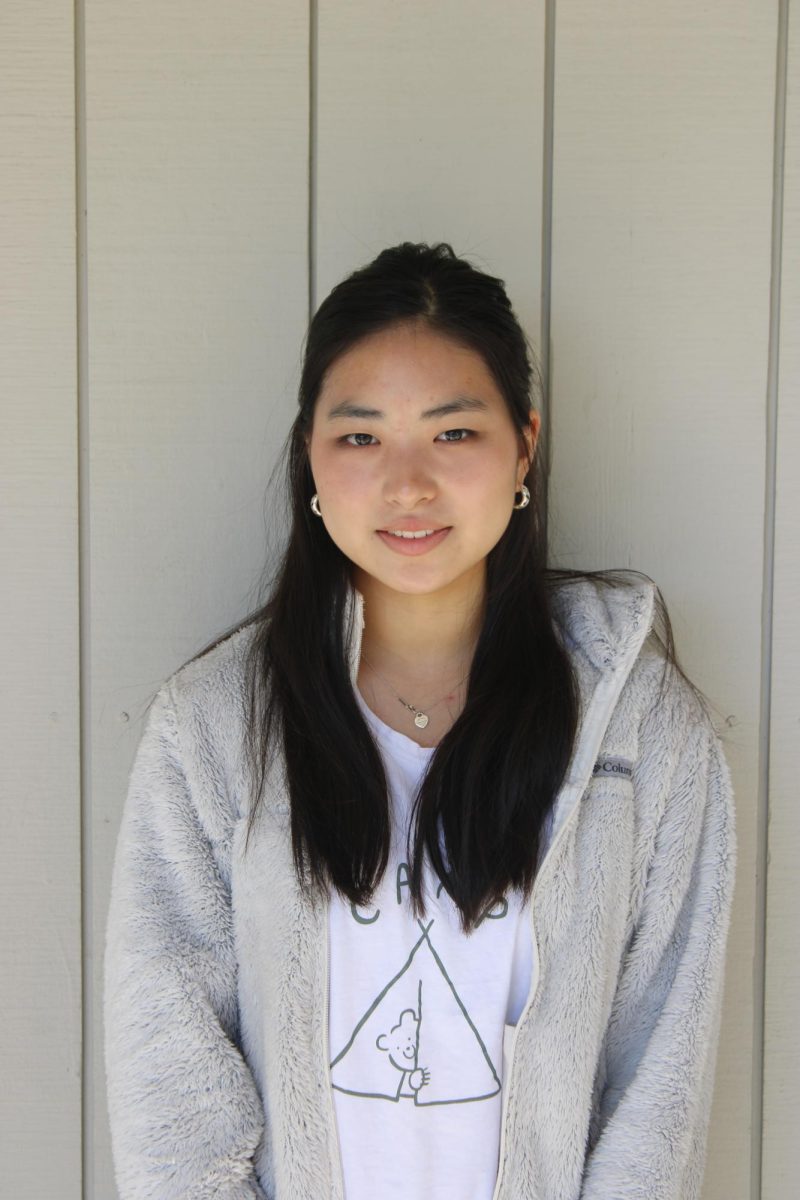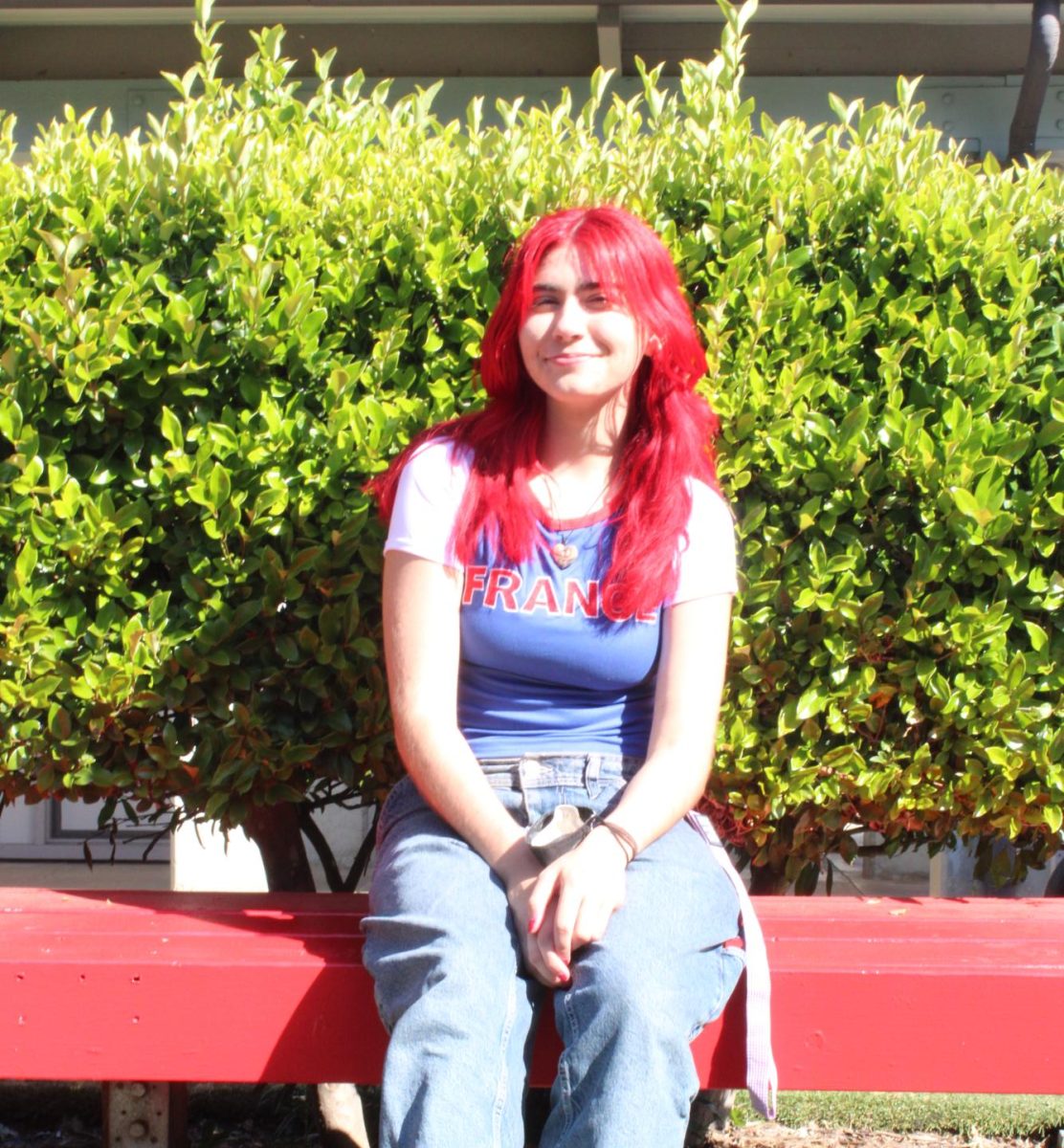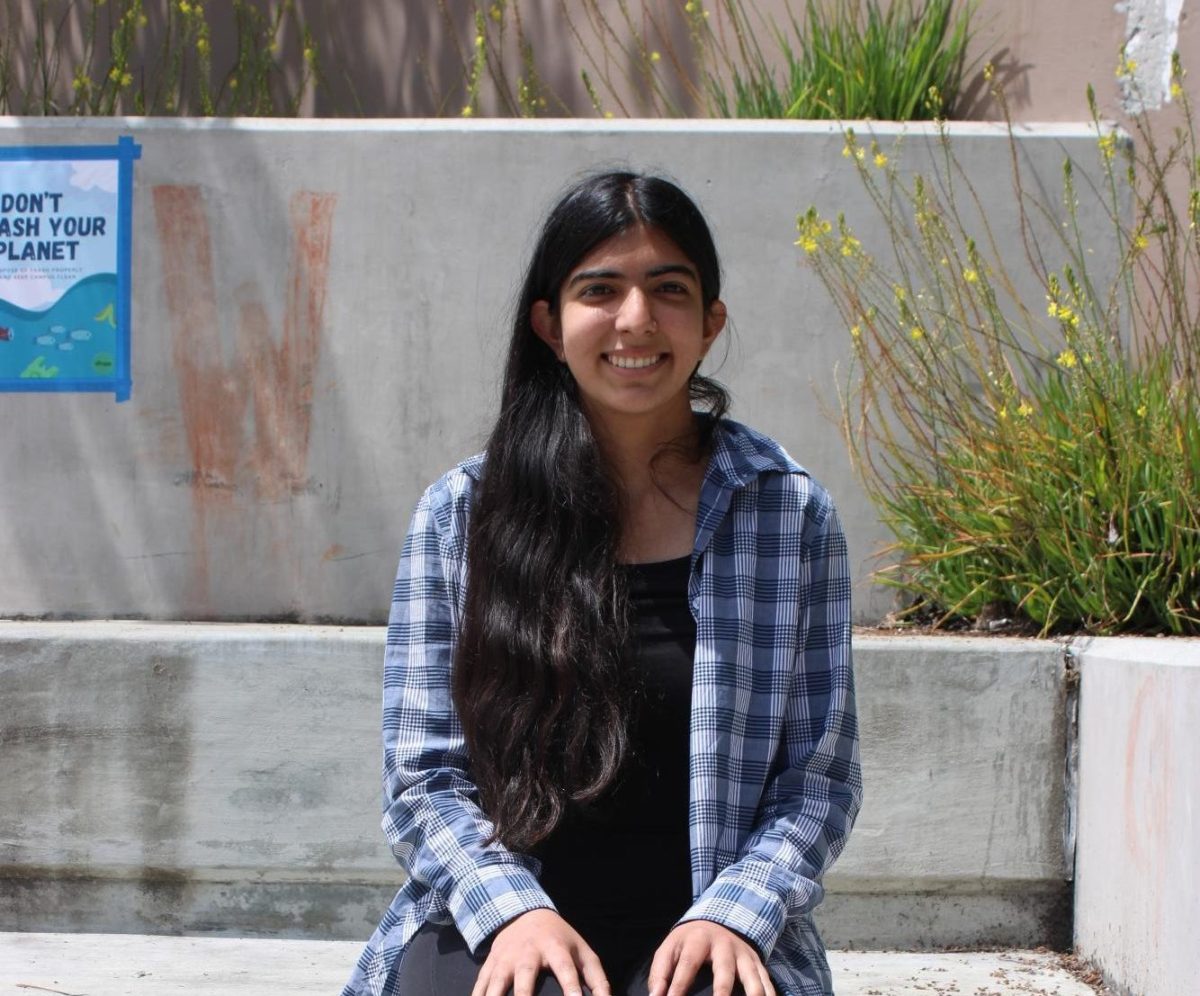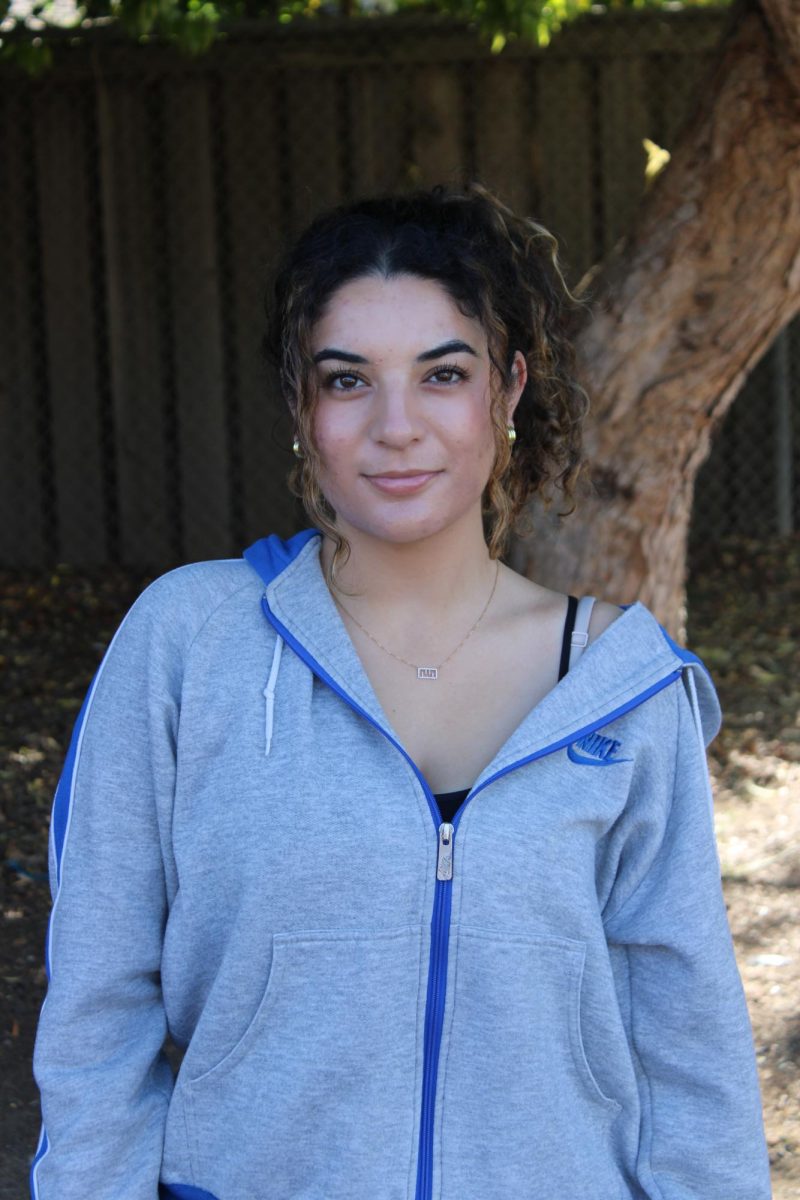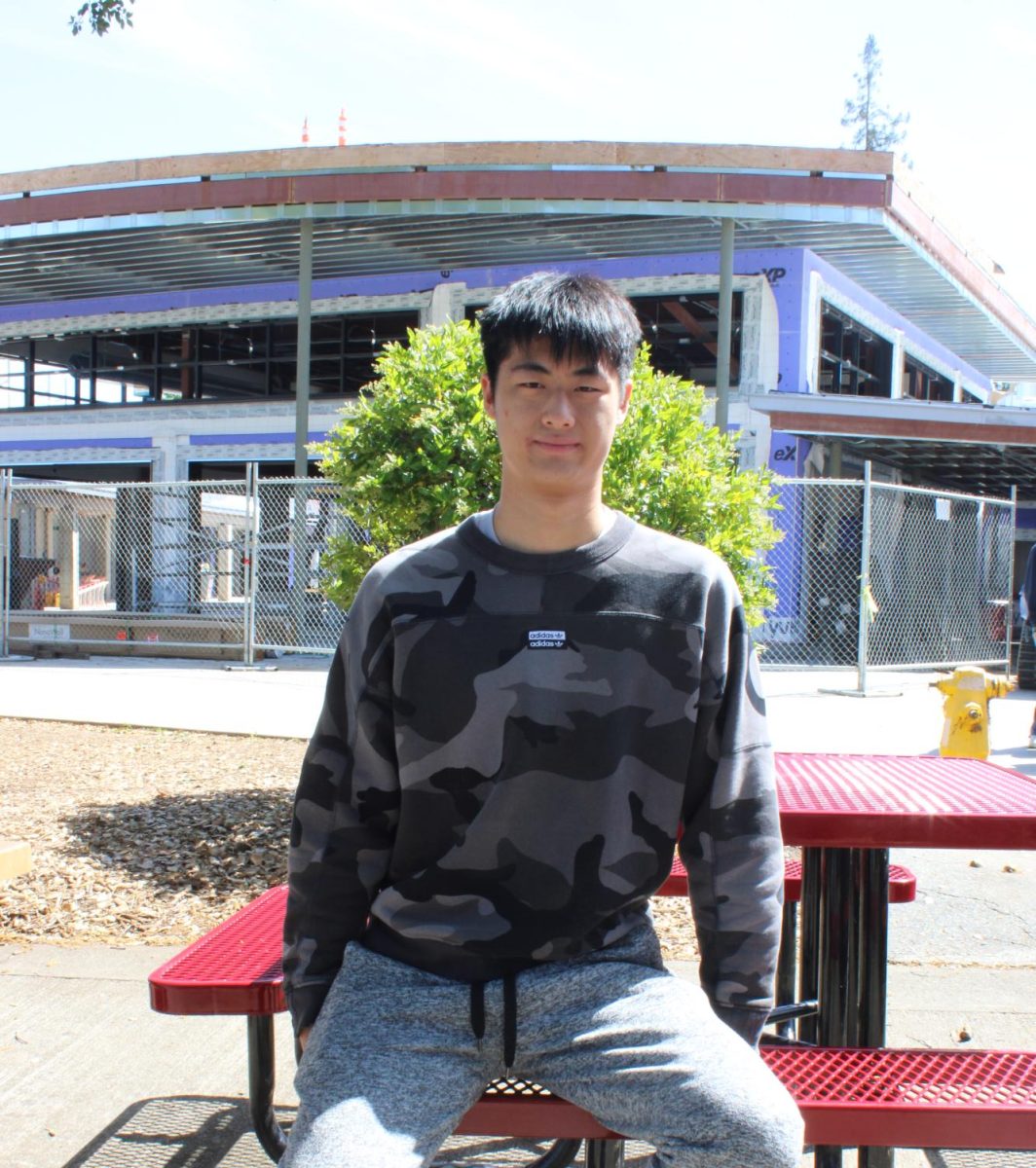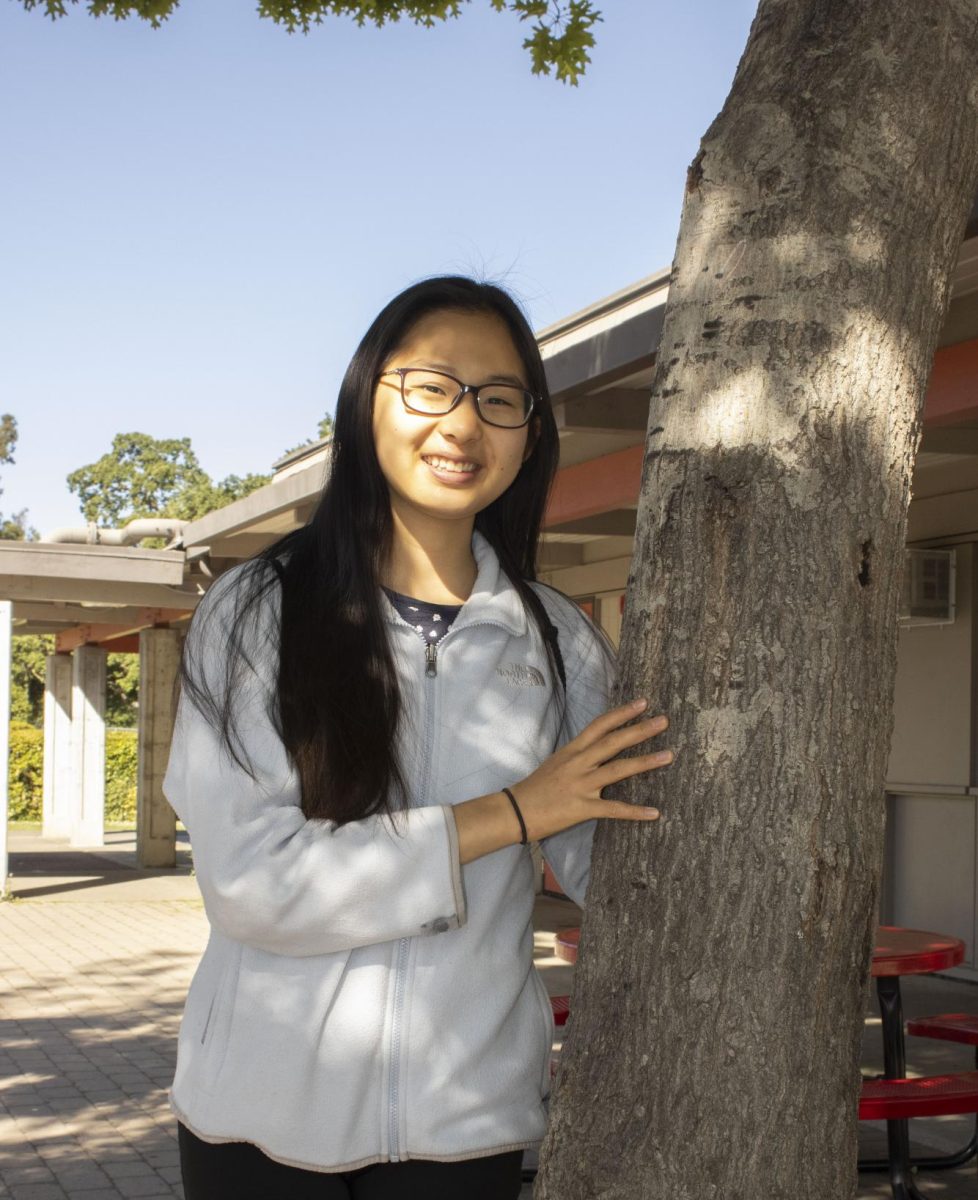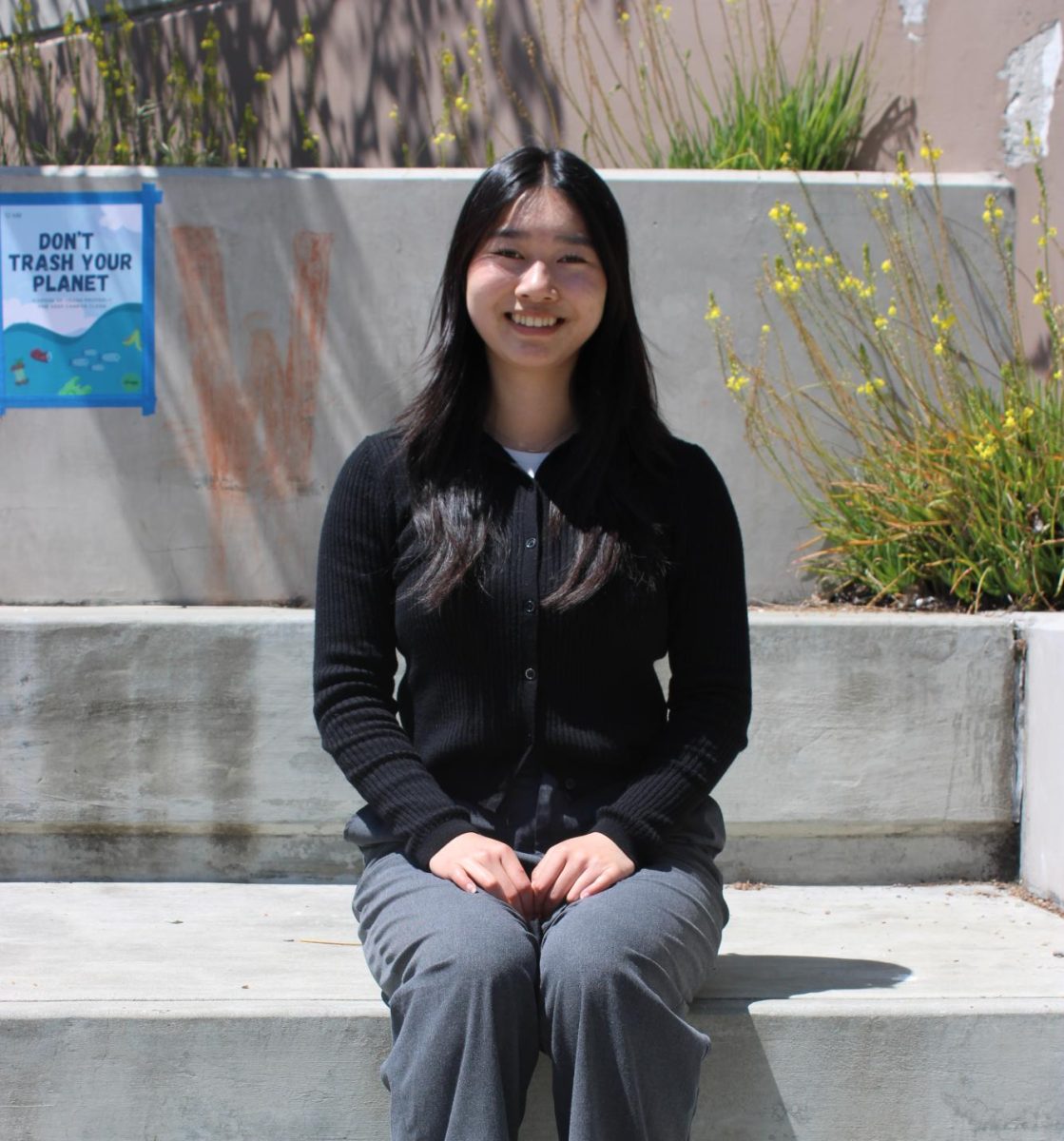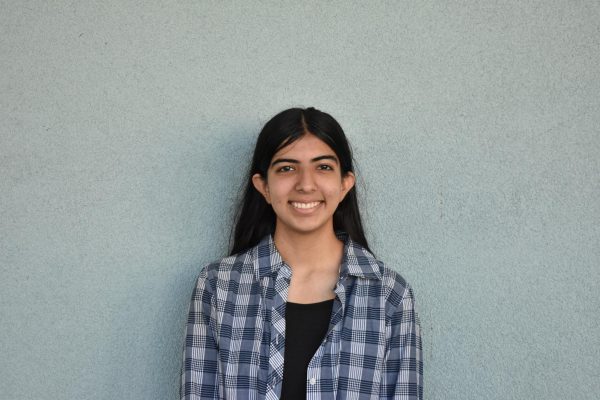Six months, 37 drafts, pages saturated with her favorite authors’ words: While most seniors were trudging through college essays, Vandana Ravi was having a blast.
“Move over, Hamilton,” she joked. “I can write essays.”
Such dedication is a hallmark of Ravi’s writing process, which has evolved alongside her literary tastes. Over the years, she has moved from “karaoke writing” imitating canonical authors to poetic, philosophical and psychological explorations influenced by contemporary authors of color.
Ravi’s first forays into literature began with Henry James and Jane Austen. Since middle school, however, she’s been drawn to experimental poetry and prose from writers like Korean American poet Franny Choi.
Work like Choi’s filters into Ravi’s writing: In a sophomore-year Advanced Authentic Research project, she explored how Jane Austen’s literary techniques connect to evolving understandings of empathy in cognitive science. Drawn to activist writing, she’s worked with organizations like the Palo Alto Humane Society. While often abstract, her work is still rooted in her environment.
“I wanted to name what feels wrong about the ways that we assign value to human life in (Silicon Valley’s) culture and the ways that we decide what is worth fighting for and what isn’t,” she said.
Ravi also appreciates literary collaboration, quoting others liberally in her essays. She’s worked with mentorship organizations connecting young poets to mentors, and, over the years, cold-emailed dozens of authors and poets she admires for online meetings.
“When I love someone’s writing, I will jump off a bridge for them,” she said. “So when I’m on the page, I’m not there alone — I’m there with so many people that I love.”
With Scholastic Writing Award medals and a published book under her belt, Ravi will attend a liberal arts college this fall to study neuroscience and English.
“I want to learn the language of the academy and learn that exclusive language, and then know how it works so that I can subvert it,” she said. “I want to be someone who knows the language, but then uses it the way it’s not supposed to be.”


